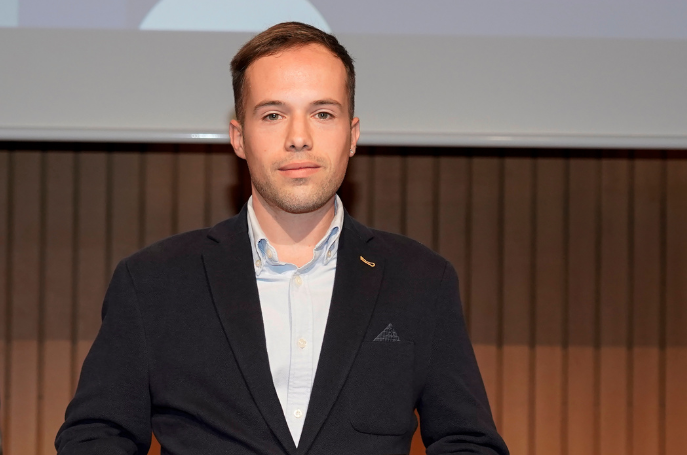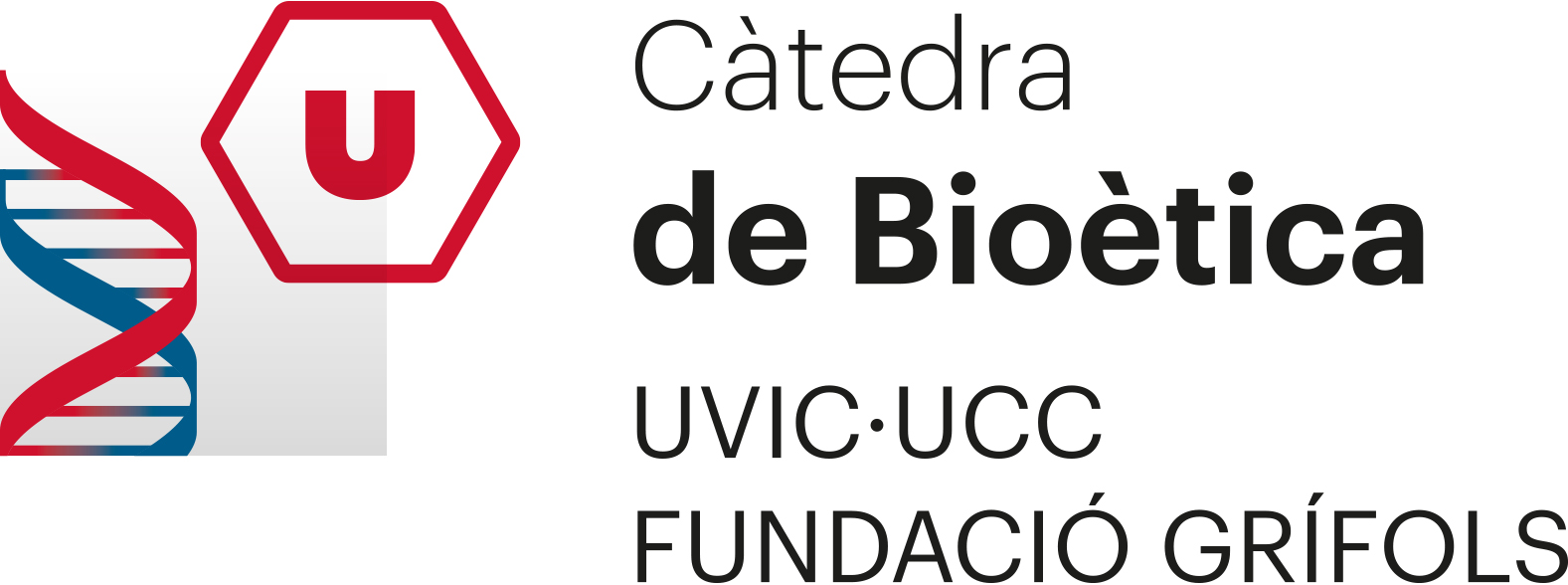Novedades
Matinales de cine y debate con "Midnight Family"
Nueva convocatoria de Premios y Becas
Cine y debate en Ripoll
Núria Terribas en el pódcast de Samanta Villar para hablar sobre derechos e identidad genética
¿Qué es la bioética?
La bioética es una disciplina que surge a mediados del siglo XX como respuesta al desarrollo tecnocientífico sobre la vida. Su finalidad es elaborar un pensamiento fundamentado en la ética, que responda a deliberaciones sustentadas en la razón, a fin de ofrecer criterios éticos a la hora de tomar decisiones que afecten a la vida.
73. Salud mental y sociedad: ¿una nueva pandemia?
Qué políticas para qué cuidados
Bioética: una mirada hacia el futuro
Premios y becas

Becas de investigación

Premios bachillerato

Premio Ética y Ciencia

Premio Audiovisual

Dilemas éticos del Diagnóstico Genético Preimplantacional
Más bioética
Blog con artículos de opinión y actualidad bioética
